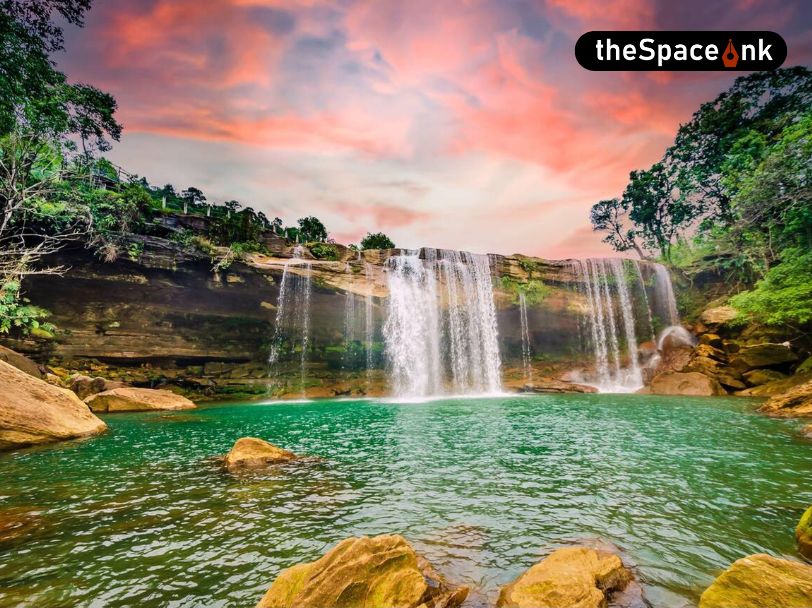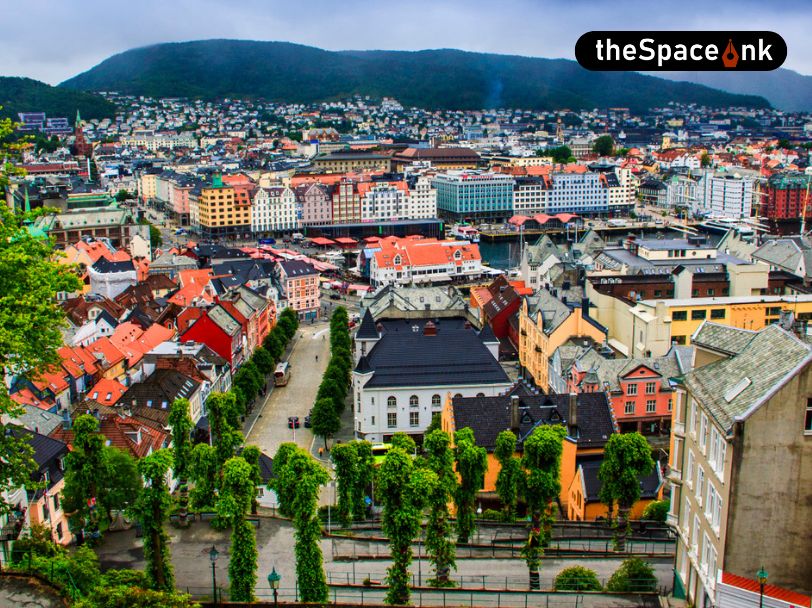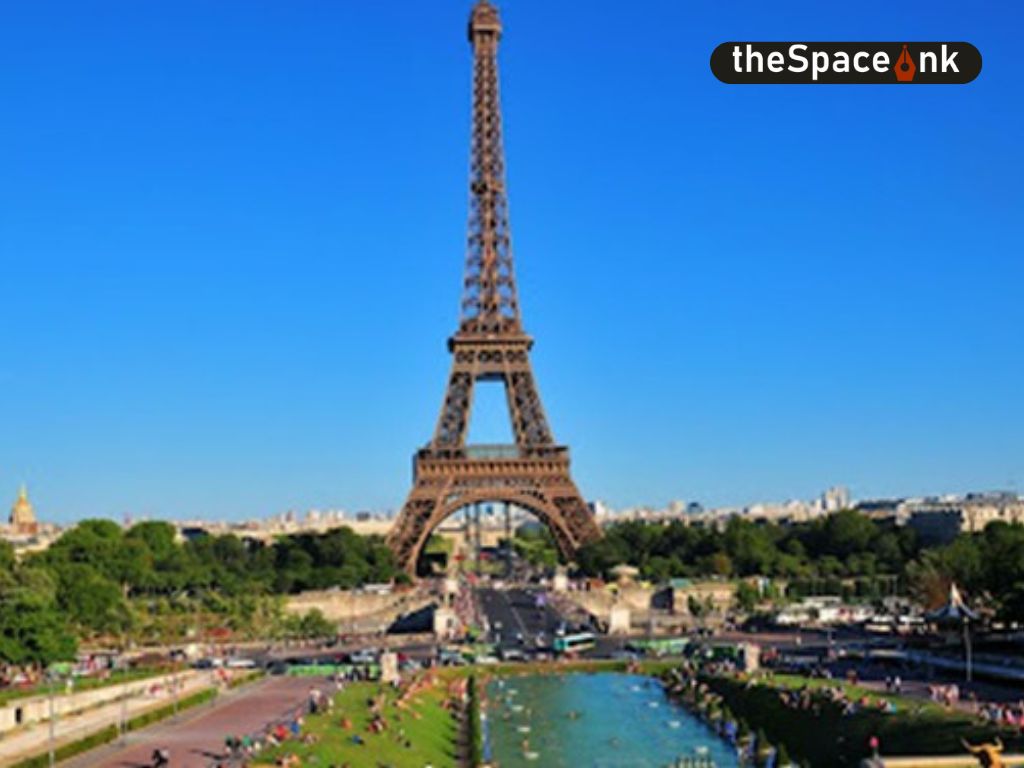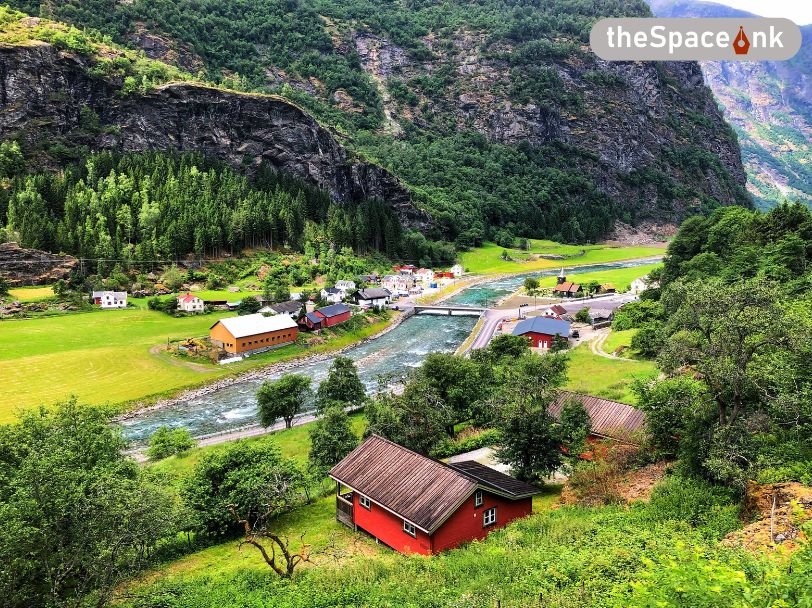I have often wondered why I travel. In most parts, it comes from a firm desire to escape the din that surrounds me in this busy metropolis. I love my city in all its hues, however, the life there can get a little suffocating at times. Travel is a brief respite, a reprieve that allows me to come to terms with myself and my thoughts, allows me to see the world in newer ways. Mountains bring this lull and calm that my mind seeks often with a certain desperation. But, of late,
I have begun to look, like many others, for off-beat locations, preferably a place secluded, with little or no tourists.
A quick search through the travel websites led me to Pedong, a quick escape to the mountains in North Bengal.
Pedong, which got its name from an ancient pine tree of the region, is a small hill-town in the Kalimpong district, very close to the Resi-Sikkim border with a population of about 4274 people. Earlier this year, when the Teesta River flooded and the national highway was affected, this small town was used as an alternate route for the relief team and trucks and lorries to ply through its small roads. Visiting Pedong at the end of October, I found traces of the flood in its damaged roads and although due to its altitude the place was not affected directly by the floods, the associated impact was visible for all to see.

I stayed at a point in Upper Pedong, a little north of the main town at this quaint little place called Gangchenzongya Home Stay and Café at the Milan Top. Discovering this place has been a happy accident, and although it doesn’t bring with it the luxuries of the usual hotels and resorts, what it brings in spades is warm hospitality and delectable local cuisines, with views that are breathtaking. The home stay is situated at a cliff that offers a direct view to the mighty Kanchenzonga range.

I have always admired the Kanchengzonga for being capricious. It is the clouds darling, and one is really fortunate if one gets to view its entire panoramic majesty because it is mostly hidden in clouds. It was the same this time around as well. We entered Pedong with rain clouds and dense fog on our backs late in the evening. The next morning, I woke up to the lushness of the forest and several bird calls, and my senses rejoiced. Also floated in the sounds of morning assembly from the local school that added to the pleasant ambience with a warm cup of coffee in the rooftop café.
I could just sit and soak in the sights from there all day long, but I ventured out to discover the gardens of Upper Pedong. Those weren’t planned nurseries like the ones you see in the rest of the hill stations.
Nothing about Pedong is contrived, neither the place, nor its people.
The blooms lay with their rich colours, butterflies wandering carelessly, the pine trees standing proud, touching the floating clouds. Everything seemed heightened in colour by the greyness of the day.

While Pedong is a very good spot to relax and unwind, it also offers some avenues for local sightseeing. A prominent spot is Cross Hill which is given this name because Fr. Augustine Desgodins placed a cross at this point that looks directly to Tibet in memory of all the evangelists who had lost their lives on their way to Tibet.
Also Read: Travel: A Trek to Heaven- Kedartal in Uttarakhand
Another memorable spot for me was the Sangchen Dorjee Monastery which is the oldest monastery in this region that was built during the Bhutanese rule. This monastery, surrounded by tall and ageless pine trees, was established in the early 1700 AD and has fresco paintings depicting Tantric Buddhism and is a highly revered place for the locals.
But my most favourite spot remains the utterly beautiful Sillerygaon. Drenched in fog, it is a small village at a greater altitude than Pedong, situated around an hour’s drive away. it is situated within a wild-life sanctuary that is maintained by the army personnel. It is a haven for birds of all kinds. We saw the gold-crested eagle which is rather uncommon along with hornbills and various other birds. Since the whole area is surrounded by lush green pine forests, it is an absolute treat to the eyes.

A short trek of one and a half kilometres took us to a small rivulet that reflected the greenery in its clear waters. What a marvelous way to end a day!
The Kanchenzonga decided to make a vivid appearance on the day we headed back to Kolkata. I am never not amazed by its majesty. The curtain and of clouds feel back and there it was—white, glorious, clear, breathing out tufts of clouds.

I expressed my heartfelt gratitude to it and promised I would come back soon. However, I cannot end this narrative without saying a line on what has been really troubling me of late. Our mountains need our help.
They are already showing signs of over-tourism, plastic pollution and deforestation that corresponds to construction.
We cannot stem the tide of tourism but what we can do is be responsible tourists, listen to the local people and not litter the places we visit in this haven that get for a few days. If we love mountains, we need to protect them as our own.
Image Courtesy: Author
Rituparna Mukherjee teaches English and Communication Studies at Jogamaya Devi College, Kolkata. She is a published poet and enjoys writing short fiction and flashes. A multilingual translator, translating Bengali and Hindi fiction into English, her work has been published in many international journals. Her debut translation, The One Legged, authored by Sakyajit Bhattacharya, has been shortlisted for the JCB Prize for Literature 2024.








